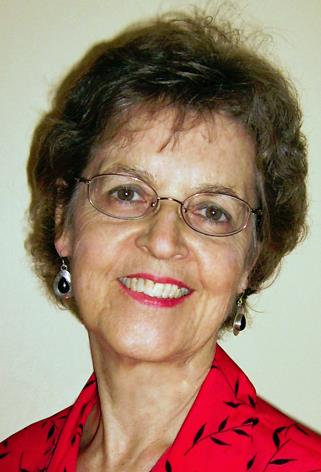 When winter comes to the South Pole, total darkness sets in. Explorer Richard Byrd spent four and a half months there alone, gathering weather data in this darkness. Why alone? He said it was “to taste peace, quiet, and solitude.” The experience changed Byrd dramatically. He wrote: “I live more simply now and with more peace. Half the confusion in the world comes with not knowing how little we need.”
When winter comes to the South Pole, total darkness sets in. Explorer Richard Byrd spent four and a half months there alone, gathering weather data in this darkness. Why alone? He said it was “to taste peace, quiet, and solitude.” The experience changed Byrd dramatically. He wrote: “I live more simply now and with more peace. Half the confusion in the world comes with not knowing how little we need.”
I always think the same thing when I go camping—wow, I can get by with so few items. And I don’t feel deprived because I am immersed in nature, which is a lot more satisfying than being indoors with all my comforts and things.
People such as Gandhi, Jesus, Albert Schweitzer, and Mother Teresa have always inspired me with their simple living and inner richness. As people of faith, it’s time we really took their witness to heart and learned from them. Our souls need to be released from the weight of too much stuff and too much busyness and stress. And think what it would do for the Earth if the millions of us on the planet who consume way more than our share of the resources seriously cut back.
In my retirement, I have the challenge and opportunity to live on a lot less income, which I’m actually excited about, seeing how creative I can be in living abundantly with less. I’m reminded of a wonderful story from Anthony DeMello in his book The Song of the Bird called The Contented Fisherman.
The rich industrialist from the North was horrified to find the Southern fisherman lying lazily beside his boat, smoking a pipe. “Why aren’t you out fishing?” said the industrialist.
“Because I have caught enough fish for the day,” said the fisherman.
“Why don’t you catch some more?”
“What would I do with it?”
“You could earn more money,” was the reply. “With that you could have a motor fixed to your boat and go into deeper waters and catch more fish. Then you would make enough to buy nylon nets. These would bring you more fish and more money. Soon you would have enough money to own two boats, maybe even a fleet of boats. Then you would be a rich man like me.”
“What would I do then?”
“Then you could really enjoy life.”
“What do you think I am doing right now?”
We environmentalists should be walking the talk by reducing our consumption and lifestyles which contribute to the harming of the planet. The coming holidays are a good time to get serious about this. We don’t have to follow the culture and celebrate in the good old tradition of spending and excess, which only leaves us feeling empty.
We can start the new year by clearing our clutter, reducing our commitments, working less, making room for solitude and meditation, and savoring the simple, overlooked joys of life and nature. Whatever efforts we make for the Earth are only effective if they come from a peaceful heart, a balanced life, and a joyful, contented soul.
I end with this quote from Elise Boulding, “The consumption society has made us feel that happiness lies in having things, and has failed to teach us the happiness of not having things.” In 2014, may we learn the happiness of not having things.
Blessings for a truly happy and life-giving Thanksgiving, Christmas, Hanukkah, or any other holidays you may be celebrating!